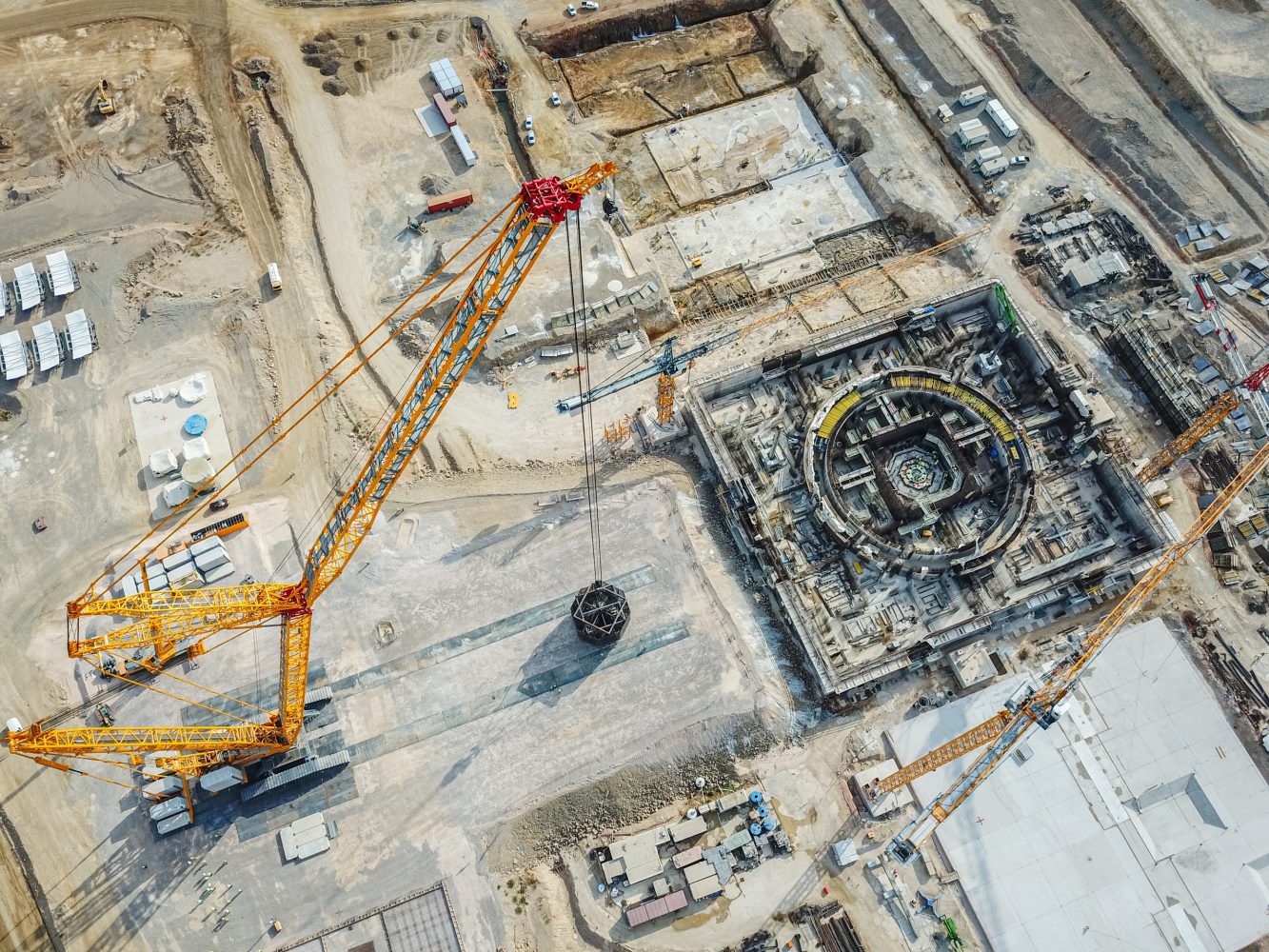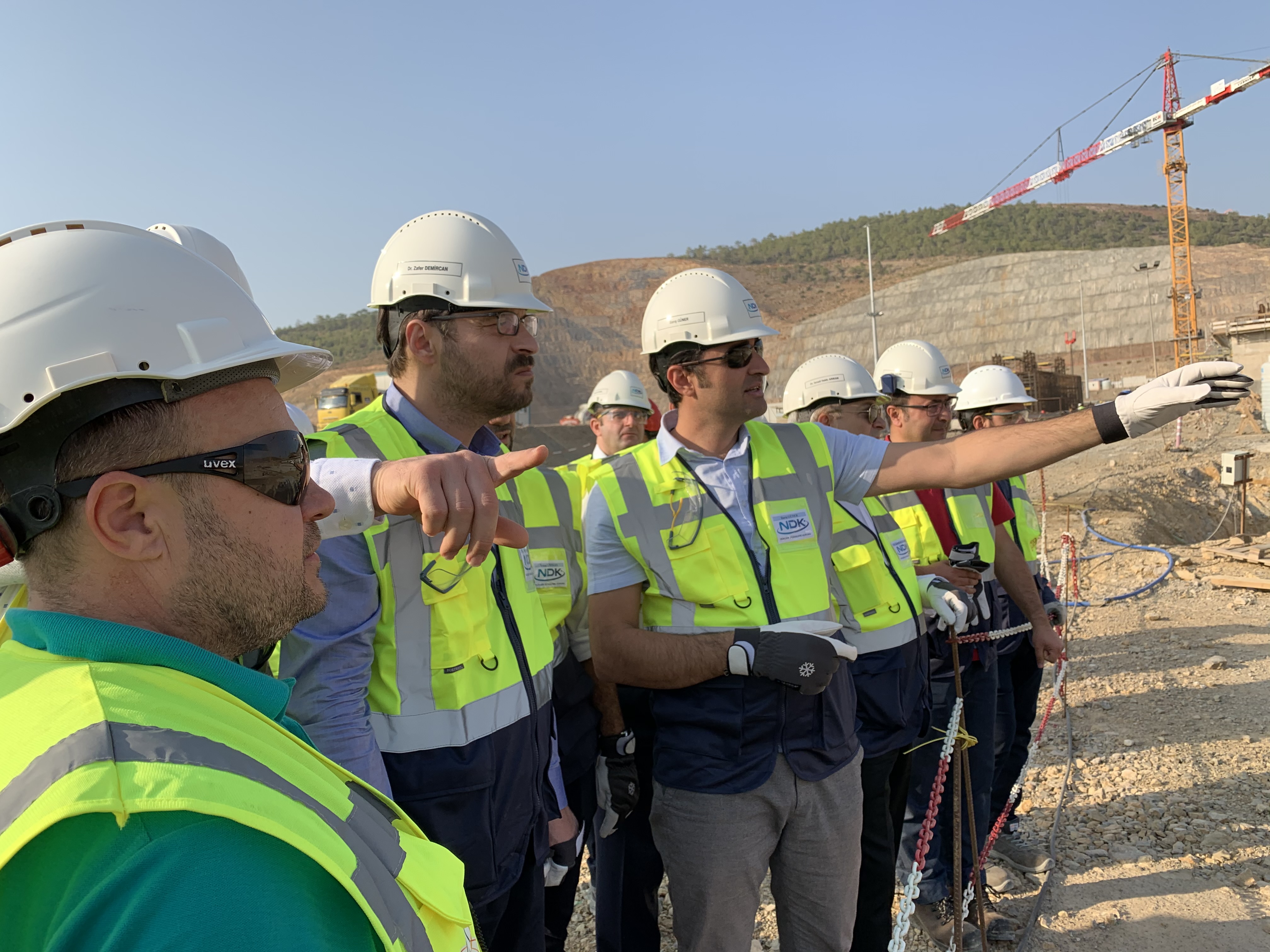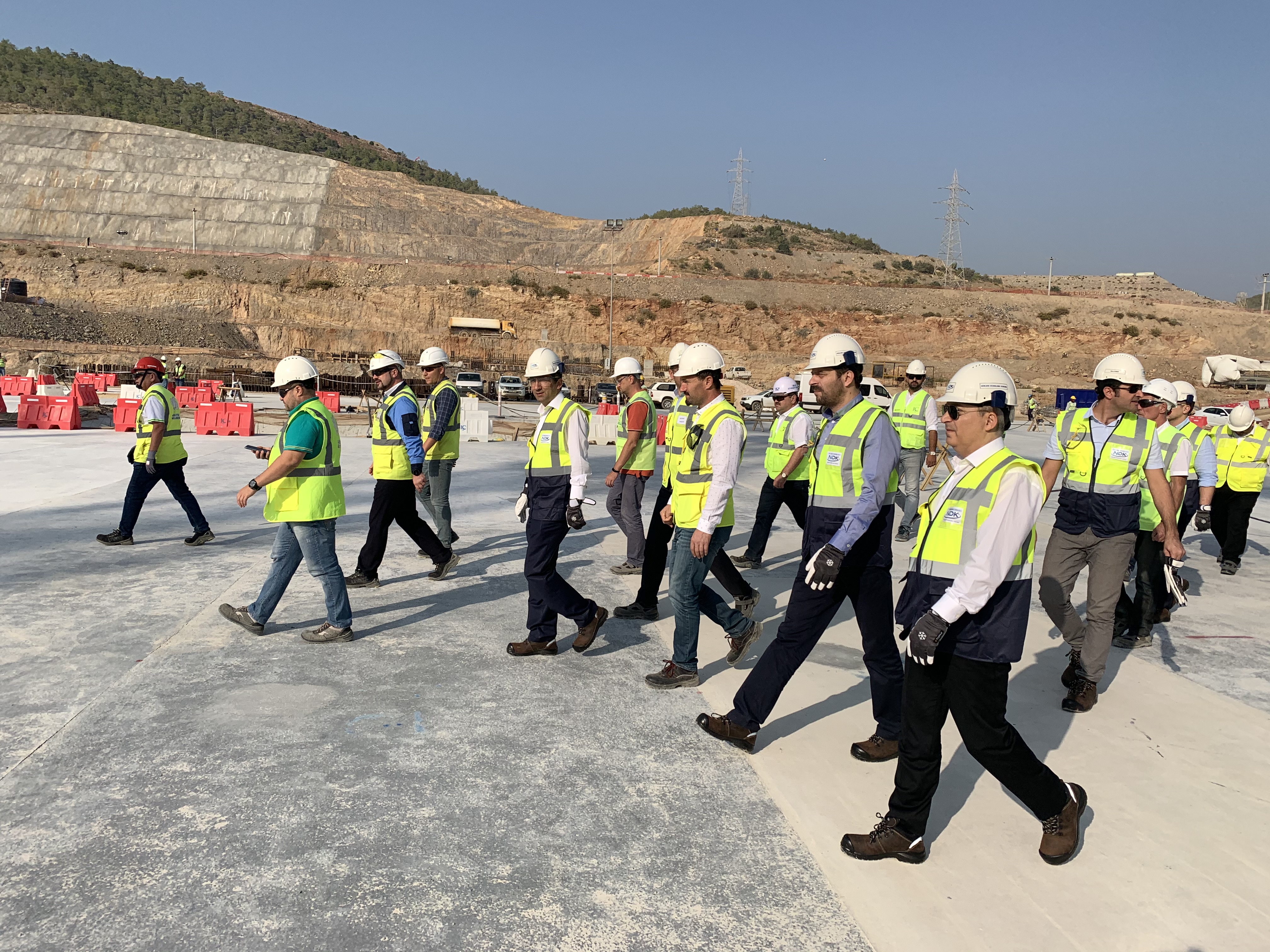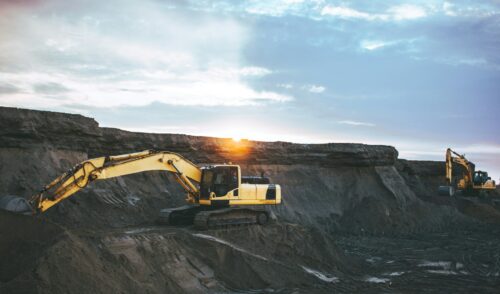
Akkuyu in Progress
back to contentsRosatom’s Director General Alexey Likhachev announced that construction of Akkuyu Unit 2 might begin as early as the first quarter of 2020. “On-site work is already underway. It is quite likely that the first concrete pouring ceremony will be held by March,” Likhachev said. The construction license for the second unit was issued by the Turkish regulator in August 2019.
The head of the Russian nuclear corporation reminded that Titan-2, one of the contractors for the Turkish nuclear construction project (50% owned by Rosenergoatom, a Rosatom Group company), and İÇTAŞ, one of the largest investment and construction companies in Turkey, had established a joint venture. “This alliance makes us hope for success of the project,” the director general noted. He stressed that Rosatom sought to meet the deadlines and commission Unit 1 in 2023. “We do our best to be on time. And this depends heavily on our Turkish partners,” he said.
Last month, an important contract was signed between German Taprogge GmbH and the Central Research Institute for Machine Building Technology (a subsidiary of Rosatom’s engineering division Atomenergomash) as part of the current memorandum of understanding between these companies. The contract provides for the supply of cooling systems for the turbines to be installed at Akkuyu. The system is designed to feed cooling water to turbine steam condensers.
According to the contract, Taprogge GmbH, which specializes in clean technology in the energy industry, will develop and supply these systems for four power units of the Akkuyu NPP, while the task for the Central Research Institute for Machine Building Technology will be to integrate them into the plant’s design. The equipment to be supplied under the contract will fully meet European quality standards and requirements.
Atomenergomash is a single-source supplier of machinery and equipment for the nuclear and turbine islands of all four power units at Akkuyu. Its subsidiaries manufacture reactors, steam generators, pumps, heat exchangers and other machinery that will ensure safe and reliable operation of the power plant throughout its service life.

Turkish students – would-be employees of the nuclear power plant under construction – continue their education at Russian universities. Their curriculum includes study visits to production facilities that manufacture machinery and equipment for the Akkuyu Nuclear Power Plant. Not long ago, students of the Higher School of Nuclear and Thermal Energy Industry (Energy Institute of Peter the Great Saint Petersburg Polytechnic University) visited a production site of AEM Technologies in Petrozavodsk. They were taken to the welding and assembly department and demonstrated the entire production process, from receipt of billets to preparation of products for shipment, and advanced CNC, welding and deposition machines. Special attention was given to production and quality control processes for the equipment shipped to the Turkish nuclear power plant. “We are glad to see would-be colleagues at our production site. It is important for students to see where a nuclear power plant is born and how we make machinery that they will later operate and maintain,” Pavel Marchenko, Director of Petrozavodskmash said.
Construction is going smoothly at the Akkuyu Unit 1. Concreting of the basemat was completed in early March 2019. In summer, the first large-size cargo – a core catcher – arrived at the site. After the necessary preparations were made, the core catcher was installed in its permanent position under the reactor pressure vessel of Unit 1. The core catcher, or core melt trap, is an essential ‘passive’ safety system in Generation III+ power units. It prevents radioactive materials from being released into the environment in case of a core meltdown.

Russian and Turkish top officials and managers of the companies involved in the Akkuyu project made regular visits to the construction site throughout the last year. In July, the under-construction nuclear power plant was visited by Turkey’s Minister of Energy and Natural Resources Fatih Dönmez and Rosatom’s Director General Alexey Likhachev. In November, the site was inspected by the president and members of the steering board of Turkey’s Nuclear Regulatory Authority (NDK). Following the visit, NDK President Zafer Demircan noted that the regulator was closely watching work progress on the site and kept an eye on nuclear safety and security, quality assurance, health and environment.




